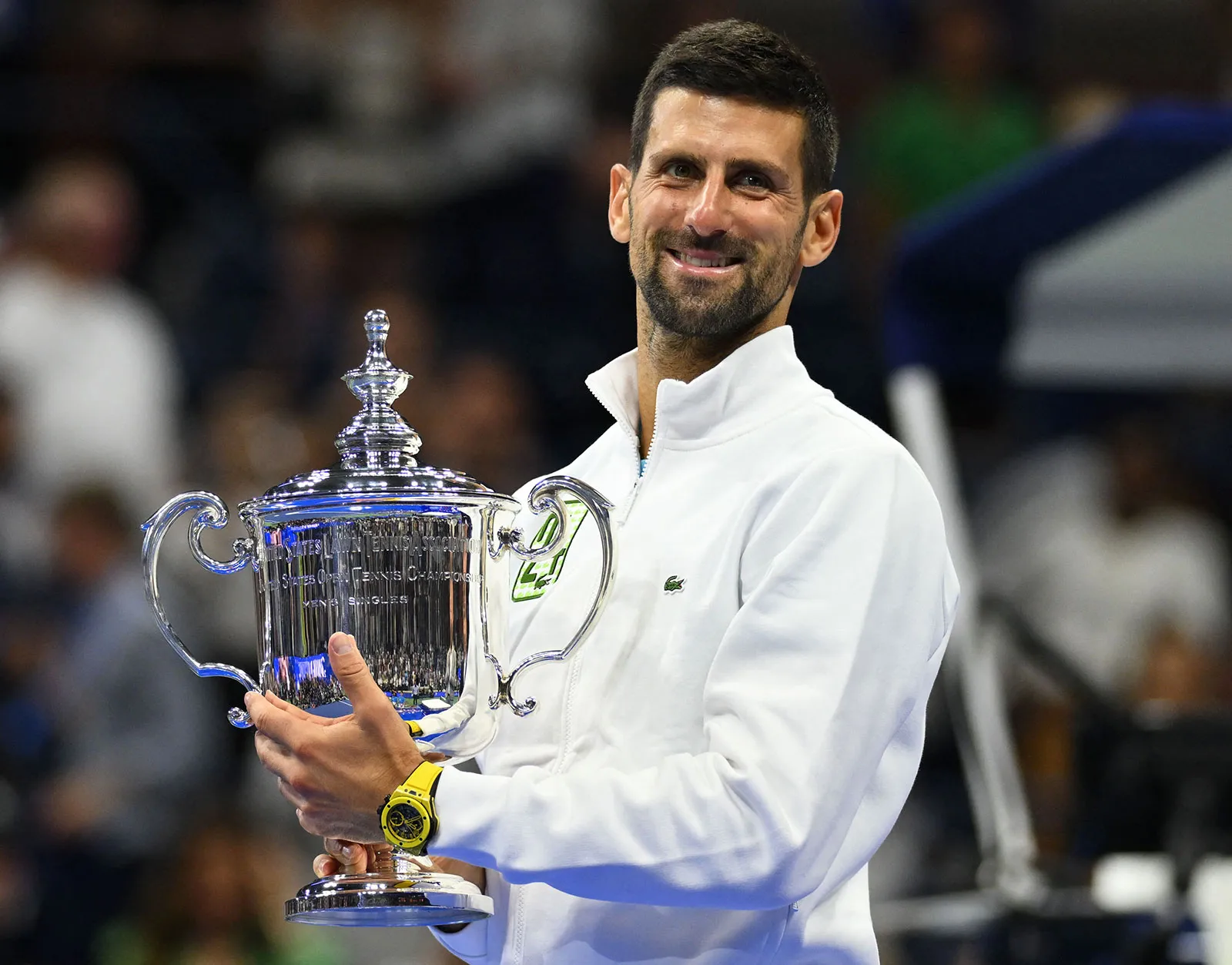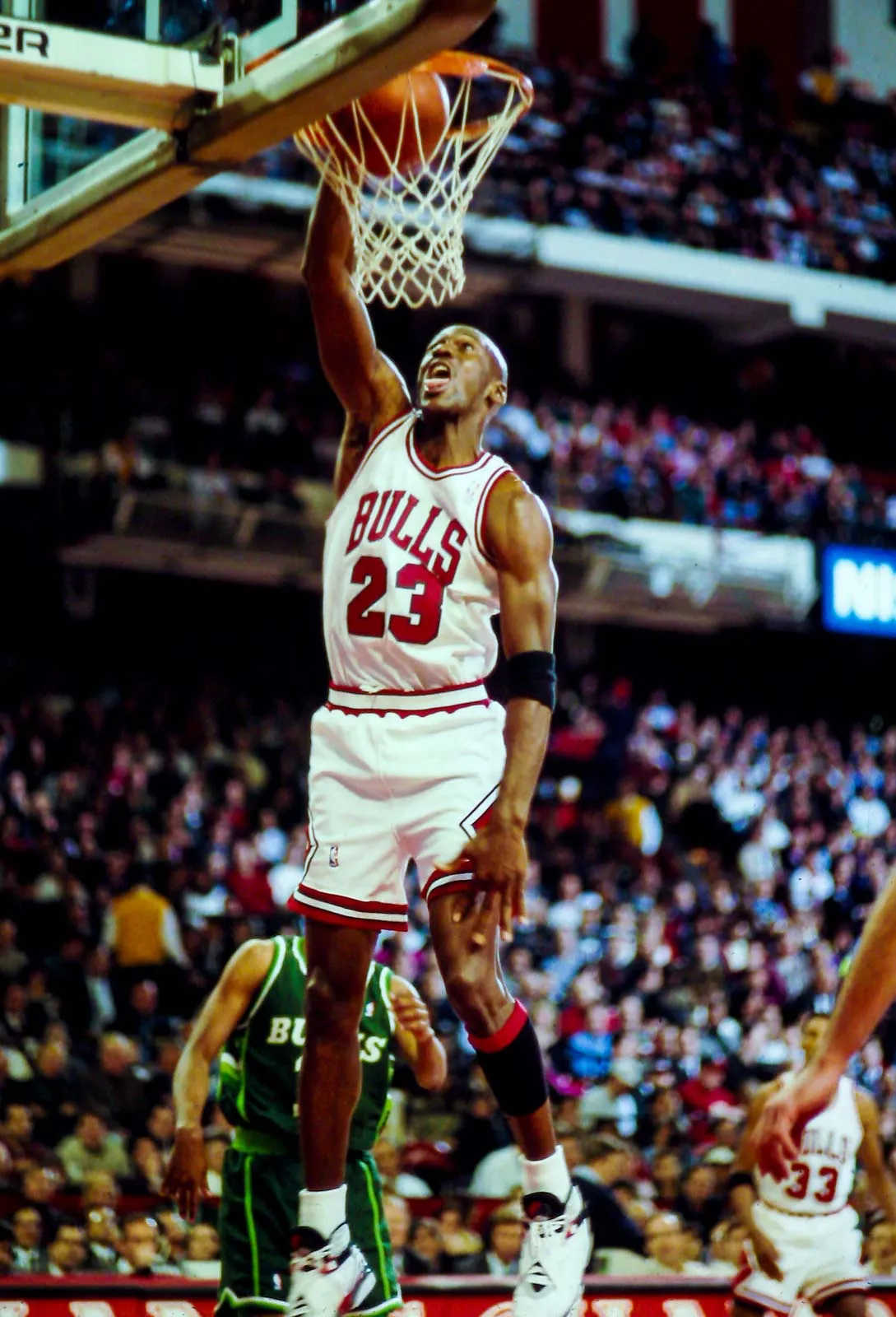G.O.A.T. = Greatest Of All Time
It’s a term mostly used in sports, and attributed to a few icons. It is a mantle that has been carried, in football, by Pele and/or Maradona for many years, in football it now firmly sits on the shoulders of the incomparable Lionel Messi, who led Argentina to the World Cup in 2022, thereby fulfilling the promise of his potential.
In tennis, it can now be unequivocally attributed to the Serbian superstar Novak Djokovic. Especially since he amassed his titles in a time of competition with Rafael Nadal and Roger Federer, two others that could well carry the mantle. Their rivalry has been the stuff of legends for decades.
Over in the USA, it is unlikely that Michael Jordan will ever release the moniker in basketball. His Bulls team of the 90s, with the threepeat record, stand above all others. The same can be said for Tom Brady, the quarterback hero of the New England Patriots. In a storied career that was marked by a record number of Superbowls, Brady demonstrated longevity and leadership that will never be forgotten.
In South Africa, the current Springbok rugby team, and by proxy its coach and leader Rassie Erasmus, claim the title. Hell, the University of the North West even gave him an honorary Doctorate.
There are a few parallels to be drawn between all these men:
Rule #1: It’s about the team
Yes, there are always the stars. But Messi and Jordan, in particular, can tell you lots of stories of a time when they were winning all the individual accolades, but their team wasn’t winning the big trophy. That changed as their leadership matured, and they learned to get the best out of the players around them. Surrounding yourself with the right people, and then making sure you get the most out of each other… that’s the trick. This included acknowledging player performance, demanding 100% from everyone, and modelling that behaviour. From Steve Jobs to Nelson Mandela, there are many stories of the superstar leading from the front, but also adjusting their style as they matured to become more inclusive.
Rule #2: Stay the course, embed the change
We are talking about men with extraordinarily long runs of success. Their ability to perform at the highest level over prolonged periods of time is what differentiates them. And a big part of that is discipline, and focus. A clear vision, and unrelenting drive to execute the actions that will get them there. Leading by example, doing the work, staying humble, and keeping on showing up even when results don’t go your way. Djokovic is famous for bouncing back from bad shots and refocusing on the goal. Messi overcame massive repeated disappointments on the biggest stage to finally bring home the big prize. And Rassie Erasmus deftly navigated the tricky post-success arena of hubris, an old South African malady. In the case of Steve Jobs 2.0, the success of Apple beyond him is a testament to this very principle.
A footnote here. Organisations have public faces that we recognise. So have sports teams. But there is a whole host of people, the unsung heroes, who are also part of the success story. The physios, managers, trainers, logistics people… all contribute, and in the Rassie era, the focus on also acknowledging and including them was elevated. The same can be said for Tom Brady. The iconic quarterback is well known for taking a substantially lower contract in the latter part of his career, in order for his team to afford quality additional second-string linebackers. In American Football, statistically, the teams that win the Superbowl have abundant reserve resources. The well-paid first stringers, over a long season, are likely to pick up injury. This is where your depth of resource becomes important. Brady understood this and took a lesser contract in order for his club to afford more quality resources. The results speak for themselves and will mirror the “Bomb Squad” strategy successfully deployed by the Springboks.
Wouldn’t it be fun if Brady and Erasmus had a conversation about this stuff?
The Coach was no longer surprised. It was another American.
This one was really good-looking. The Coach gave him a closer look. He couldn’t place him, but he was sure he had seen him.
The other man smiled. “Name’s Tom. I used to play football.”
“Soccer?” asked The Coach, teasing him. The other man laughed. “No, the American kind.” He looked around. “Pretty cool space. What are we doing here, Coach?”
“You know me?” asked The Coach.
“Sure. I’m a fan of your work. We have more in common than you think.”
It suddenly clicked for The Coach. “Oh, you’re THAT guy. Yeah, we do, don’t we? I must admit, I stole one of the best ideas.”
“Do tell,” replied Tom.
“Some years ago, I read that you won so many Superbowls because you took a lesser salary in order for the club to afford more quality back-up players. Is that true?”
The other man nodded. “Yep. I took a lesser salary, also said no to lots and lots of commercial deals. The salary was so that we could have more quality backup – a reserve bench of great players, which would become important come Superbowl time.”
He stopped. “Coach, I’m a great player. But if my linemen don’t defend me, I can’t do my job. Their job is hard. And when my guy gets injured or tired, I need to know there’s another guy as good to take his place. That’s the only way to win the trophy.”
The Coach couldn’t agree more. “That’s right! That’s what we’ve been doing with the Bomb Squad – quality backup in all positions, but especially up front where there are more injuries.” He thought of something else. “Tom, I have another problem now. I need to rebuild, and my key players are all getting older. How did you manage to have such a long career?”
Tom laughed. “Three things, Coach. Work with what you’ve got. From the start, I focused on diet, fitness and discipline. Lots of rest, lots of sleep, and keep the engine sharp.” He squinted into the distance, then said, “But your body gets slower. You age, no way around that. But you make up for it with your mind. You get sharper. You make better decisions. You learn how to read the plays better, and adjust.”
“There was a third thing?” The Coach prodded.
“Adjust. Adapt. Work the problem, get better, never stop learning. I’ve been watching you, Coach. Every time you come up with a new innovation, the other teams adjust. The officials even change the rules. I’m here to tell you: Never stop working the problem, never stop innovating. You got this.”
The American faded away, leaving The Coach feeling better. Sometimes, it felt like the whole world was out to get him and his team. But that’s ok, he smiled. They also tried to Tiger-proof Augusta, and that didn’t help.
“We got this,” he said to himself and went back to work.




Comments